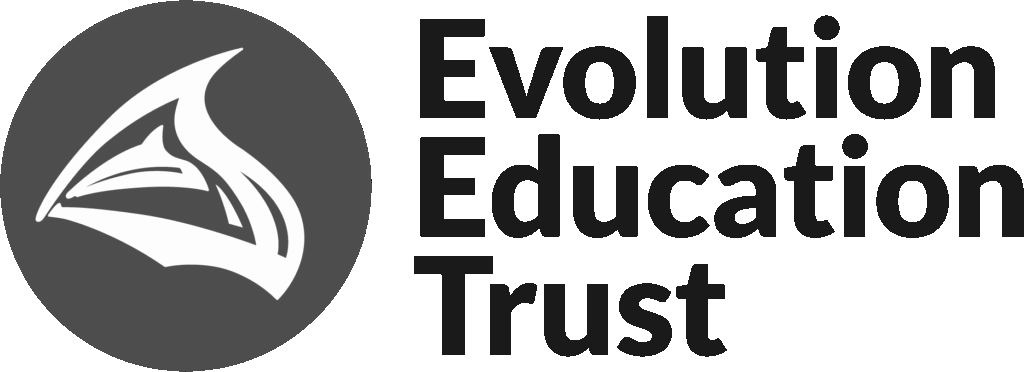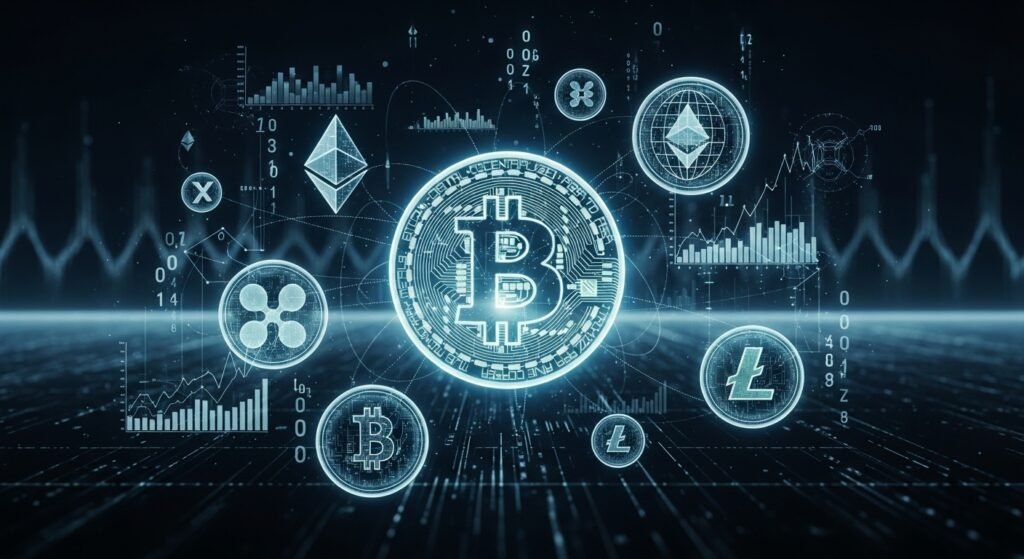Education stands as one of the most vital pillars of human civilisation. Far beyond the simple transmission of facts and figures, education shapes the way individuals think, behave, and contribute to society. From ancient philosophies to modern digital classrooms, education has continually evolved, reflecting humanity’s quest for knowledge, empowerment, and social progress. This article explores education’s rich history, its current landscape, key contributors, challenges, and future directions while applying semantic SEO principles to ensure comprehensive topical relevance.Evolution of Education
Roots of Education Systems
Education’s roots trace back to some of the world’s earliest civilisations. The Sumerians in Mesopotamia, for example, established some of the first schools to train scribes in cuneiform writing. Ancient Egypt’s focus on educating priests and bureaucrats influenced later systems of formal schooling. Meanwhile, classical Greece gave rise to foundational figures like Socrates, Plato, and Aristotle, whose philosophies still underpin much of Western education today. Plato’s Academy, founded around 387 BCE, is often cited as the prototype for modern universities.

Meanwhile, in the East, Confucius revolutionised education by emphasising moral development and social harmony. The Confucian academies influenced generations of scholars throughout East Asia. In the first millennium CE, institutions on the Indian subcontinent, such as Nalanda University, thrived as centres for Buddhist and secular learning. Similarly, during the Islamic Golden Age, scholars at madrasas advanced sciences, mathematics, and philosophy, preserving and expanding human knowledge. The printing press, invented by Johannes Gutenberg in the 15th century, democratised access to literature and learning materials, transforming education from a privilege for the few to an increasingly universal right. The Enlightenment further advanced education by promoting reason, scientific inquiry, and secular governance, laying the groundwork for modern public education systems that emphasise universal literacy and compulsory schooling.
Diverse Forms of Education
Today, education exists in many forms—formal, informal, vocational, and lifelong learning—each serving unique functions. Formal education typically includes early childhood programs, primary and secondary schools, and tertiary institutions, such as colleges and universities. Informal education occurs through everyday experiences, family influence, and community involvement. Educational philosophies have shifted to more student-centered approaches. Constructivist theories, influenced by Jean Piaget and Lev Vygotsky, advocate for active learning where students construct knowledge through interaction with their environment. John Dewey’s experiential learning model promotes practical engagement, encouraging students to apply concepts in real-world contexts.
Technological integration is a defining feature of contemporary education. Online platforms such as Khan Academy, Coursera, and edX offer courses from prestigious institutions like Harvard and MIT to global learners. The rise of Massive Open Online Courses (MOOCs) has expanded educational access dramatically, breaking geographical and economic barriers. Furthermore, tools powered by AI customise learning paths based on individual progress and preferences, making education more adaptive and efficient. Efforts to create inclusive education are increasingly central. The United Nations’ Sustainable Development Goal 4 emphasises equitable access to quality education for all, including marginalised groups, such as children with disabilities and girls, in regions where gender disparities are pronounced. Governments and NGOs worldwide work to bridge this gap by promoting policies and programs that support diversity and inclusion.
Key Players in Education
Educators play a crucial role not only as knowledge facilitators but also as mentors who inspire curiosity, creativity, and ethical awareness. Influential educators such as Maria Montessori revolutionised early childhood education by focusing on child-led learning and fostering independence. Paulo Freire’s critical pedagogy, advocating education as a tool for social emancipation, continues to inspire educators seeking to address inequality and injustice through teaching.
Institutions, such as universities and research centres, remain hubs for innovation and knowledge production. Prestigious universities like Oxford, Stanford, and Tokyo University not only educate generations but also drive scientific discovery and cultural development. Policymakers are equally important in shaping curricula, funding education, and setting standards that ensure quality and relevance. International organisations, such as UNESCO, provide critical frameworks and data that help countries develop policies aligned with global goals. For example, UNESCO’s Global Education Monitoring Report highlights progress and challenges, guiding global education reforms.
Barriers to Quality Education
Despite significant advances, education systems worldwide face numerous challenges. Access to quality education remains uneven, particularly in low-income and conflict-affected regions. According to UNESCO, over 250 million children and youth are out of school, with factors like poverty, gender discrimination, and political instability contributing to this crisis.

Even where access exists, quality issues persist. Many schools suffer from overcrowded classrooms, underqualified teachers, and outdated materials. The COVID-19 pandemic exposed and exacerbated these vulnerabilities. With widespread school closures, remote learning became the default for many, but digital divides left millions without adequate devices or internet connectivity. Another critical challenge is curriculum relevance. Rapid technological change and evolving job markets demand continuous updates to education content. Students must acquire 21st-century skills, such as digital literacy, creativity, collaboration, and critical thinking, to thrive in a complex, globalised economy.
Final thoughts
The future of education promises exciting transformations driven by technological innovation and a deepening commitment to equity. AI-powered educational tools provide personalised feedback that identifies gaps and accelerates mastery. Virtual reality (VR) and augmented reality (AR) technologies create immersive experiences, from virtual science labs to historical simulations, enhancing engagement and retention.
Competency-based education, focusing on mastering specific skills rather than time spent in classrooms, is gaining momentum, promoting flexible learning pathways tailored to individual needs. Additionally, education is increasingly integrating sustainability principles, aligning with global climate goals to prepare environmentally conscious citizens.
Global collaboration and cultural exchange continue to enrich education, fostering the multilingualism and intercultural understanding necessary in today’s interconnected world.

















